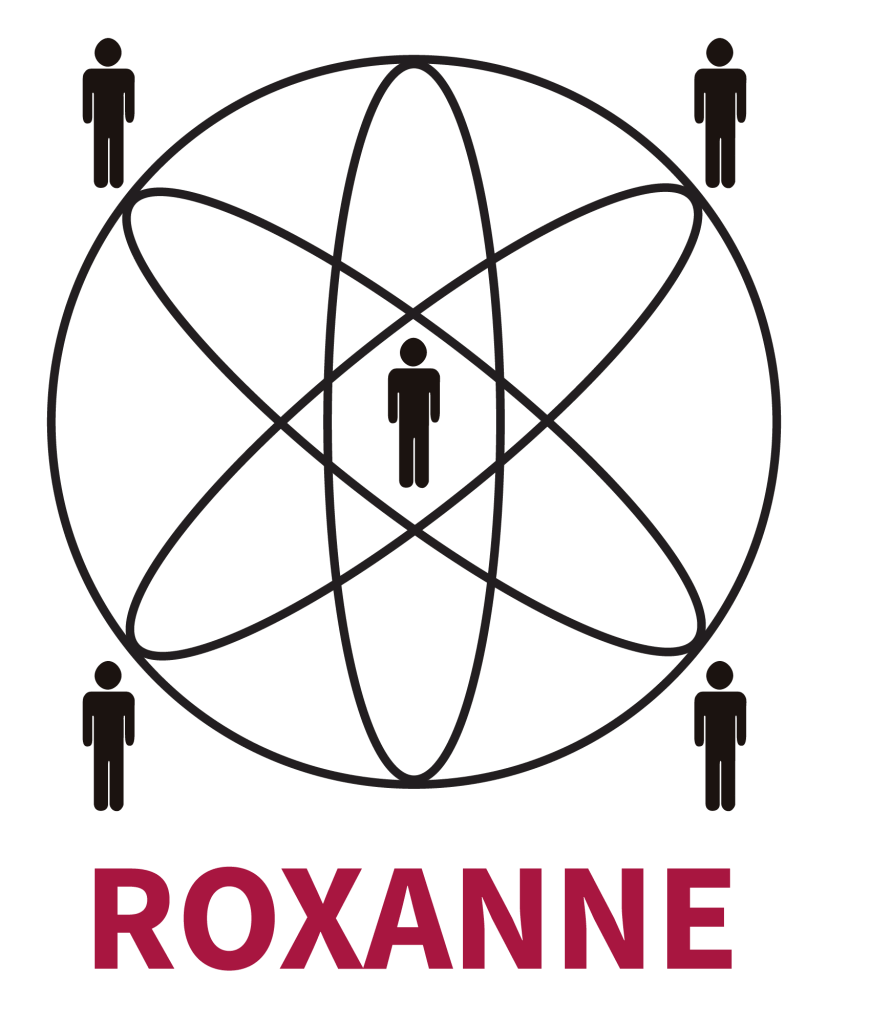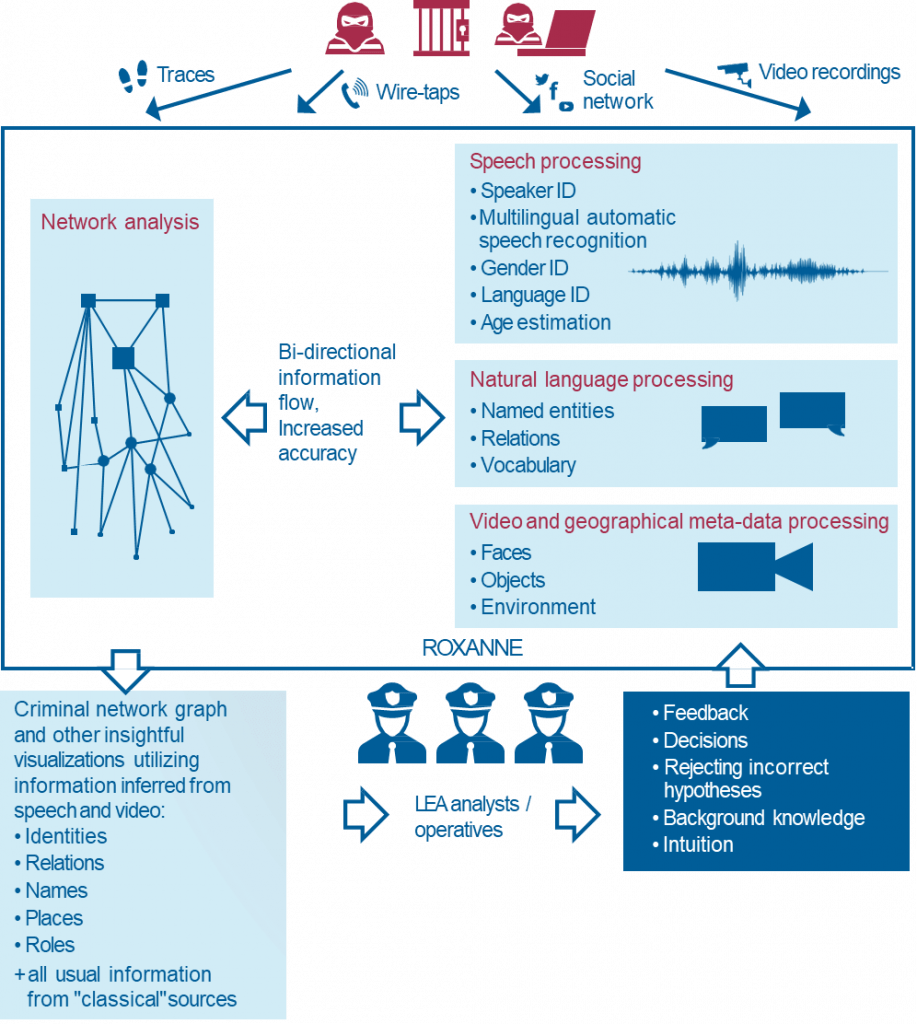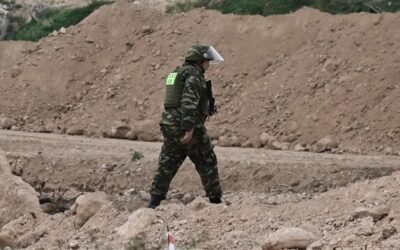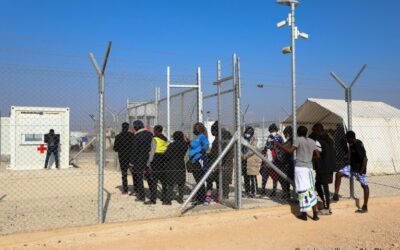SECURITY
SECURITY

ROXANNE (Real-time network, text, and speaker analytics for combating organized crime) is an EU-funded collaborative research and innovation project.
It aims to unmask criminal networks and their members as well as to reveal the true identity of perpetrators by combining the capabilities of speech/language technologies and visual analysis with network analysis.
ROXANNE collaborates with Law Enforcement Agencies (LEAs), industry, and researchers in order to develop new tools to speed up investigative processes and support LEA decision-making.
The end-product will be an advanced technology platform that uses new tools to unmask and track organized criminal networks, underpinned by a strong legal framework.
The project consortium comprises 24 European organizations from 16 countries, Cyprus included, while 11 of them are LEAs from 10 different countries.
How it works
Criminals and terrorists use voice communication over different media. While personal communication within their networks is usually performed within standard mobile networks and VoIP-type communications (Skype, Google Hangouts, others), there might be a significant share of voice in public media, typically hate or propaganda speech on Youtube, Facebook, or other social media channels.
Determining and tracking target identities across such channels is extremely difficult, and speaker identification (SID) techniques (such as those investigated in the European SiiP project) might not be effective in such challenging environments considering isolated data from one speaker only.
This project proposes to combine the strengths of speaker data mining and link analysis to provide LEAs and efficient tools to track and uncover criminals and terrorists. The project will not process speaker data separately, but it will:
- make extended use of the conversational nature of speech data
- use call content
- conduct meta-information
- conduct time-relation analysis.

Also read: CYPSEC 2021 – Interview | Use of A.I for personal data protection by MALLOC
Data will be crucial for the project’s success. As this project cannot count on huge amounts of real investigation or wire-tap data, most of the R&D work will be done on data from public resources: media and social networks. However, the project managers count on exercises performed on real data by LEAs participating in the consortium that will provide the developers with valuable feedback.
The result of the project will be a prototype of a system capable of:
- collecting a significant amount of voice data from different media, along with meta-information.
- analyzing this data in an unsupervised or lightly supervised way.
- presenting the resulting network analysis and converting it to forms integrable with standard investigation SW solutions, such as IBM i2 Analyst Notebook.
Objectives of ROXANNE
- Develop a ROXANNE analytics platform enhancing investigation capabilities especially for major criminal cases.
- Improve identification of persons of interest by developing a two-way interface between multimodal (speech/text and video processing) technologies and criminal network analysis.
- Enhance criminal network analysis technology to significantly reduce network size and to aid decision-making by policy practitioners.
- Develop a dashboard for visualization of investigation output and integrate with existing tools.
- Deploy and evaluate the ROXANNE platform on real criminal cases, helping the LEAs adopt the technology in their daily work.
- Comply with EU and INTERPOL legal and ethical frameworks through internal expert analysis and external ethics and stakeholder boards.
The Project Coordinator is Dr. Petr Motlicek.
The € 7 million project started in September 2019 with 24 partners from 16 countries and is coordinated by the Idiap Research Institute (CH). Cyprus participates in the consortium through Advanced Integrated Technology Solutions and Services (Additess LTD) and Internet of Things applications and Multi-Layer (ITML) development, while on behalf of Greece, both the Hellenic Police and the Center for Security Studies (KEMEA) will participate.
NEWSLETTER SUBSCRIPTION
Latvia | Citizens are asked to turn basements into air raid shelters
Latvian authorities have called on citizens to turn their basements into air raid shelters, causing concern.
Elliniko | 314 bombs buried at former airport
Over 300 bombs from the Second World War have been found at the old airport of Athens in Elliniko. The news about the said…
Cyprus | Assessment of asylum applications suspended for Syrians
The Ministry of Interior of Cyprus announced the suspension of the assessment of asylum applications for Syrians, because of pending…
Cyprus Issue | Russia’s will to help UN efforts
Russia’s willingness to support the efforts of the UN Secretary General’s Personal Envoy for Cyprus, Maria Ángela Holguín Cuéjar, to resume…
Ukraine | New spokeswoman for Foreign Ministry looks real…but she’s not
The new spokeswoman of the Ministry of Foreign Affairs was presented by Ukraine… an AI-generated person. That is Victoria Shi.
HNDGS | Bilateral joint training between Greece and Poland – Photos
The bilateral joint training between the Armed Forces of Greece and Poland, in the wider area of Attica, was completed on Thursday…
Turkey | Severes trade relations with Israel
Turkey suspended all trade with Israel as of yesterday, Thursday, Bloomberg reported, citing two Turkish officials.
USA | New initiative in Congress for complete lift of arms embargo in Cyprus
The complete lift of the arms embargo on the Republic of Cyprus and the abolition of its annual renewal is provided for in a bill…
Sielman | Contract for support of the HAWK anti-aircraft system
The US Department of Defence has awarded a $49.9 million contract modification to Greek company Sielman S.A. to provide diagnostic and…




















